de
Personen
Simone Dohle
Publications (selection)
2022
Dohle, S., Schreiber, M., Wingen, T., & Baumann, M. (2022).
"Blaming Others for Their Illness: The Influence of Health-Related Implicit Theories on Blame and Social Support." Journal of Applied Social Psychology, 52(4), 210–219.Wingen, T., Berkessel, J. B., & Dohle, S. (2022).
"Caution, Preprint! Brief Explanations Allow Nonscientists to Differentiate Between Preprints and Peer-Reviewed Journal Articles." Advances in Methods and Practices in Psychological Science, 5(1), 251524592110705.Wingen, T., Lecuona, O., & Dohle, S. (2022).
"Attitudes Towards Science During the Covid-19 Pandemic: A Psychological Network Approach." European Journal of Health Communication, 3(1), 98–118.2020
Bucher, T., Frey, E., Wilczynska, M., Deroover, K., & Dohle, S. 2020.
"Consumer perception and behaviour related to low-alcohol wine: Do people overcompensate?” Public Health Nutrition, 23(11), 1939-1947.In Press
Landy, J. F., Jia, M. (Liam), Ding, I. L., Viganola, D., Tierney, W., Dreber, A., Johannesson, M., Pfeiffer, T., Ebersole, C. R., Gronau, Q. F., Ly, A., van den Bergh, D., Marsman, M., Derks, K., Wagenmakers, E.-J., Proctor, A., Bartels, D. M., Bauman, C. W., Brady, W. J., Dohle, S., … Uhlmann, E. L. (2020).
"Crowdsourcing Hypothesis Tests: Making Transparent How Design Choices Shape Research Results." Psychological Bulletin, 146(5), 451–479.Mötteli, S. & Dohle, S. 2020.
"Egocentric Social Network Correlates of Physical Activity". Journal of Sport and Health Science.Schreiber, M., Bucher, T., Collins, C., & Dohle, S. 2020.
"The Multiple Food Test: Development and validation of a new tool to measure food choices and applied nutrition knowledge.” Appetite, 150, 104647.Schreiber, M., Job, V., & Dohle, S. 2020.
"Is your health malleable or fixed? The influence of implicit theories on health-related attitudes and behaviour.” Psychology & Health.2019
Dohle, S. & Hofmann, W. 2019.
"Consistency and Balancing in Everyday Health Behaviour: An Ecological Momentary Assessment Approach." Applied Psychology. Health and Well-Being, 11(1), 148-169.2018
Dohle, S., Diel, K. & Hofmann, W. 2018.
“Executive Functions and the Self-Regulation of Eating Behavior: A Review.” Appetite, 124, 4-9.Dohle, S. & Hofmann, W. 2018.
"Assessing Self-Control: The Use and Usefulness of the Experience Sampling Method." In: de Ridder, D., Adriaanse, M. & Fujita, K. "The Routledge International Handbook of Self-Control in Health and Well-Being." Routledge/Taylor & Francis Group, 100-111.Prinsen, S., Dohle, S., Evers, C., de Ridder, D. T. D., & Hofmann, W. 2018.
"Introducing functional and dysfunctional self-licensing: Associations with indices of (un)successful dietary regulation.” Journal of Personality, 87, 934–947.2017
Dohle, S. & Bucher, T. 2017.
“Whether People Believe that Overweight is Unhealthy Depends on Their BMI.” European Journal of Public Health Journal of Labor Economics, 27(4).Dohle, S., & Montoya, A. K. 2017.
"The Dark Side of Fluency: Fluent Names Increase Drug Dosing." Journal of Experimental Psychology: Applied, 23 (3), 231-239.Dohle, S. & Dawson, I. G. J. 2017.
"Putting Knowledge into Practice: Does Information on Adverse Drug Interactions Influence People’s Dosing Behaviour?" British Journal of Health Psychology, 22(3), 330-344.Dohle, S. & Hofmann, W. 2017.
"Toward a Mechanistic Understanding of the Impact of Food Insecurity on Obesity." Behavioral and Brain Sciences, 40, 23-24.2016
Dawson, I. G. J. & Dohle, S. 2016.
"Towards an Understanding of Adult Judgments of Synergistic Health Benefits.” British Journal of Health Psychology, 21(1), 204-223.Dohle, S., Rall, S., & Siegrist, M. 2016.
"Does Self-Prepared Food Taste Better? Effects of Food Preparation on Liking.” Health Psychology, 35(5), 500-508.Vogel, S., Keller, C., Koschutnig, K., Reishofer, G., Ebner, F., Dohle, S., Siegrist, M. & Grabner, R.H. 2016.
"The Neural Correlates of Health Risk Perception in Individuals with Low and High Numeracy." ZDM, 48(3), 337-350.2015
Dohle, S., Wansink, B. & Zehnder, L. 2015.
"Exercise and Food Compensation: Exploring Diet-Related Beliefs and Behaviors of Regular Exercisers." Journal of Physical Activity & Health, 12(3), 322-327.Gmuer, A., Siegrist, M. & Dohle, S. 2015.
"Does Wine Label Processing Fluency Influence Wine Hedonics?" Food Quality and Preference, 44, 12-16.Hartmann, C., Dohle, S. & Siegrist, M. 2015.
"A Self-Determination Theory Approach to Adults’ Healthy Body Weight Motivation: A Longitudinal Study Focusing on Food Choices and Recreational Physical Activity." Psychology & Health, 30(8), 924-948.2014
Bevelander, K. E., Kaipainen, K., Swain, R., Dohle, S., Bongard, J. C., Hines, P. D. H. & Wansink, B. 2014.
"Crowdsourcing Novel Childhood Predictors of Adult Obesity.” PLOS ONE, 9(2), e87756.Dohle, S., Hartmann, C. & Keller, C. 2014.
"Physical Activity as a Moderator of the Association Between Emotional Eating and BMI: Evidence from the Swiss Food Panel.” Psychology & Health, 29(9), 1062–1080.Dohle, S. & Siegrist, M. 2014.
"Fluency of Pharmaceutical Drug Names Predicts Perceived Hazardousness, Assumed Side Effects and Willingness to Buy.” Journal of Health Psychology, 19(10), 1241–1249.Dohle, S., Rall, S. & Siegrist, M. 2014.
"I Cooked It Myself: Preparing Food Increases Liking and Consumption.” Food Quality and Preference, 33, 14–16.Hartmann, C., Dohle, S., & Siegrist, M. 2014.
"Time for Change? Food Choices in the Transition to Cohabitation and Parenthood.” Public Health Nutrition, 17(12), 2730–2739.Hofmann, W. & Dohle, S. 2014.
"Capturing Eating Behavior Where the Action Takes Place: A Comment on McKee et al." Annals of Behavioral Medicine, 48(3), 289-290.L’Orange Seigo, S., Arvai, J., Dohle, S. & Siegrist, M. 2014.
"Predictors of Risk and Benefit Perception of Carbon Capture and Storage (CCS) in Regions with Different Stages of Deployment." International Journal of Greenhouse Gas Control, 25, 23–32.L’Orange Seigo, S., Dohle, S. & Siegrist, M. 2014.
Public Perception of Carbon Capture and Storage (CCS): A Review. Renewable and Sustainable Energy Reviews, 38, 848–863.In den Medien
SRF – Echo der Zeit, 11.07.2017 | o. A.
„Je einfacher ein Medikamenten-Name ist, desto weniger gefährlich erscheint das Medikament dem Patienten. Das hat die deutsche Forscherin Simone Dohle herausgefunden. Ein Radio-Interview.“Süddeutsche Zeitung, 29.06.2017 | Sebastian Herrmann
„Macht es einen Unterschied, ob ein Arzneimittel einen unaussprechlichen oder einen leicht gängigen Namen trägt? Kölner Psychologen sagen: durchaus. […] Psychologen um Simone Dohle von der Universität Köln zeigen nun, wie stark der Name eines Medikaments auf Patienten wirkt. Unaussprechliche Präparate gelten automatisch als gefährlich und riskant; geht der Name einer Arznei hingegen halbwegs flüssig über die Lippen, trifft das Gegenteil zu.“Link zum Artikel: http://www.sueddeutsche.de/gesundheit/pharmazie-wie-sich-der-name-eines-medikaments-auf-die-patienten-auswirkt-1.3564857
Bento, 12.06.2017 | Pascal Dombrowicz
„Warum sind wir auf einmal so davon besessen, alles selbst zu machen? Sind wir wirklich kreativer geworden, wie es all die Magazine und Blogs versprechen, oder nur selbstverliebter? […] Es gibt Studien, die sich mit genau diesen Fragen beschäftigen. Eine fragt, inwiefern sich das Selbstmachen von Nahrung auf den Geschmack und Konsum auswirkt. Simone Dohle von der Uni Köln ließ Studenten dazu Milchshakes probieren.“Link zum Artikel: http://www.bento.de/gefuehle/diy-do-it-yourself-geschenke-sind-angesagt-ich-schenke-lieber-gekauftes-1417522/
WDR 5, 16.05.2017 | Jochen Paulus
„Geschmack ist nicht nur, was die Zunge schmeckt. Das gleiche Nahrungsmittel schmeckt je nach Erwartungen, Farbe, Verpackung, Assoziationen oder musikalischer Umgebung anders. Ist Geschmack also relativ?“ Radio-Beitrag mit der Ernährungspsychologin Simone Dohle.Link zum Artikel: http://www1.wdr.de/mediathek/audio/wdr5/wdr5-leonardo-hintergrund/audio-geschmack-und-psyche-dem-koelner-schmeckt-koelsch-100.html
Forbes, 25.01.2016 | Todd Essig
„Everybody wants to have a healthy relationship with food. But it’s not so easy. […] [One] way to increase enjoyment is spending some precious and oh so limited time actually preparing what you eat. […] The study in the journal Health Psychology by Simone Dohle, Sina Rall, and Michael Siegrist was tilted ‘Does Self-Prepared Food Taste Better? Effects of Food Preparation on Liking.’ It demonstrated that when participants prepared their own healthy milkshake (raspberry and low-calorie) they liked it more than when they drank the identical shake prepared by someone else.”Link zum Artikel: http://www.forbes.com/sites/toddessig/2016/01/25/diy-healthy-food-more-likable-says-new-research/#30fd6a813e18
Psychologie Heute, 21.01.2016 | O.A.
„Die Kölner Gesundheits- und Ernährungspsychologin Simone Dohle und ihre Züricher Kollegen und Kolleginnen wollten wissen, inwieweit sich die Zubereitung von Essen auf den Geschmack auswirkt. Dies testeten sie anhand eines Shakes. Sie teilten ihre Teilnehmerinnen und Teilnehmer in verschiedene Gruppen ein: Ein Teil durfte den Shake nach Rezept selbst zubereiten; in der anderen Gruppe rührten nicht die Teilnehmenden, sondern die Studienleiterin den Shake an – die Probandinnen und Probanden bekamen aber auch hier das Rezept und die Zutatenliste zu sehen.”Link zum Artikel: https://www.psychologie-heute.de/news/gesundheit-psyche/detailansicht/news/die_liebe_in_den_zeiten_von_tinder_kopie_1/










